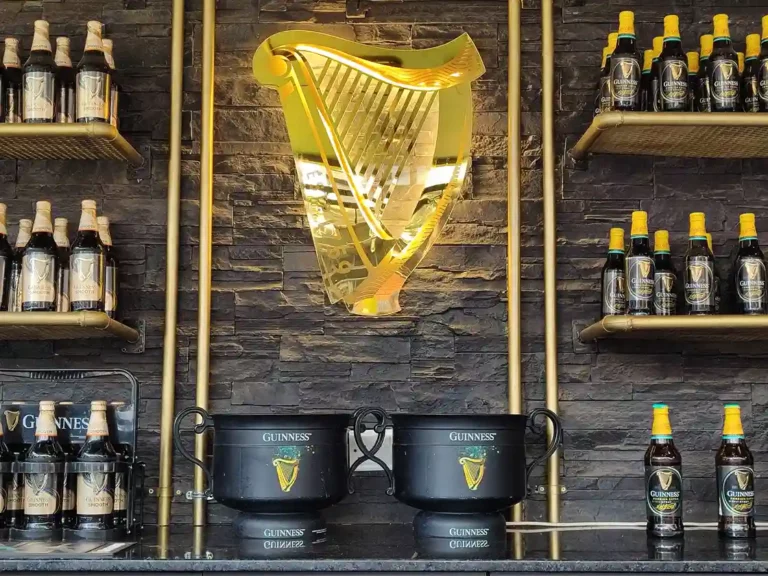UK-based beverage giant Diageo has announced a strategic shift, including a plan to cut $500 million in costs and make “substantial asset disposals” by 2028.
This move, aimed at streamlining operations and addressing challenging market conditions, has intensified industry speculation about the future of its global portfolio, including its controlling stake in East African Breweries Limited (EABL).
Aggressive Asset Divestment Plans
Diageo’s Chief Financial Officer, Nik Jhangiani, stated on May 19, 2025, that the company had identified opportunities for “substantial changes versus portfolio trimming.”
He added, “It’s clearly going to be above and beyond the usual smaller brand disposals you’ve seen over the last three years.”
This indicates a more aggressive approach to divesting non-core assets to reduce debt and improve financial flexibility. Previously, Diageo has offloaded brands like Cacique and Pampero Rums and Safari liqueur.
EABL’s Role in Diageo’s Portfolio
Despite this global review, EABL remains a regional player with operations across Kenya, Uganda, and Tanzania, and its products are distributed in over ten African countries.
Diageo, through its subsidiary Diageo Kenya Limited, significantly increased its shareholding in EABL to 65% in 2023 by acquiring an additional 15% stake for approximately KSh 22.8 billion.
This transaction was hailed as Kenya’s largest foreign direct investment that year and received approval from the Capital Markets Authority (CMA).

The 2023 acquisition, however, prompted scrutiny from the Kenyan Senate, with concerns raised about potential downsizing, asset sales, and the possibility of a hostile takeover by other global brewers. EABL’s Managing Director, Jane Karuku, strongly refuted these allegations, labelling them “false and malicious.”
Karuku emphasised that EABL has not engaged in downsizing over the past decade, even during the COVID-19 pandemic, nor has it sold any strategic or critical assets. She highlighted EABL’s robust growth, noting an increase in total asset value from KSh 14 billion in 2000 to KSh 110 billion in 2022.
EABL’s leadership maintains that Diageo’s increased investment signals strong confidence in the Kenyan market and aligns with the company’s ambition to be among Africa’s most trusted and respected consumer brands.
Financial Goals and the “Accelerate” Program
While Diageo’s cost-cutting measures and asset disposal plans are set to deliver approximately $3 billion in free cash flow annually from fiscal 2026, CEO Debra Crew assured reporters that “nothing has changed” regarding well-performing brands like Guinness, which Diageo ruled out selling earlier this year.
The planned $500 million in cost savings will stem from changes to Diageo’s trade investment, advertising spend, overheads, and supply chain.
Further details on the “Accelerate” program, which aims for a “more agile global operating model,” are expected in August with the company’s full-year financial results.
While the plan does not include large-scale redundancies, some headcount adjustments may occur through slower hiring.
Third-Quarter Performance and Market Challenges
Diageo’s third-quarter trading update, released on May 19, 2025, showed a 2.9% increase in reported net sales to £4.38 billion, with organic sales up 5.9%. This growth was partly attributed to a “phasing” of sales, especially in North America, ahead of anticipated tariff changes.
In Europe, despite strong momentum from Guinness, net sales dipped 1.3% organically, reflecting “consumer pressure and just uncertainty surrounding all the geopolitical conflict,” according to CEO Debra Crew. She noted a “downtrading in spirits” in the region.
The company reiterated its full-year guidance, expecting sequential improvement in organic net sales growth for the second half of the fiscal year.
Diageo also revised its estimated annual impact from U.S. tariffs to $150 million, a reduction from earlier forecasts, as the threat of levies on Mexican tequila and Canadian whisky has receded.




